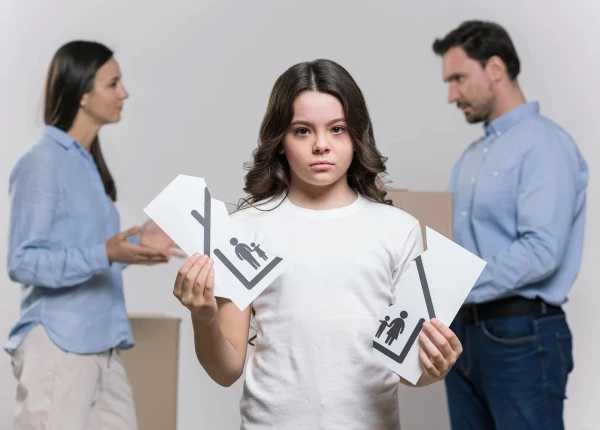
Disagreements between parents and the resulting alienation of a child from one of the parents is a problem that can lead to emotional abuse of the child, acknowledged the Ministry of Welfare (MB), reports LETA.
As explained by Ilze Kurme, the director of the Department of Child and Family Rights Protection Policy at the Ministry of Welfare, under current regulations, such cases are already considered a form of emotional abuse. It is especially important now to ensure the competent application of existing norms in practice, emphasized Kurme.
The ministry is cooperating with the Ministry of Justice and other institutions to strengthen inter-institutional cooperation, expand the use of mediation, and enhance the qualifications of specialists, including issues related to upholding the best interests of the child and recognizing signs of emotional abuse.
At the same time, work is underway on educational activities for parents and opportunities to attract funding from European Union funds to expand training and enhance the competence of specialists in child rights protection, the ministry reported.
As previously reported, a petition has started on the public initiative portal Manabalss.lv aimed at reducing the number of cases where one parent is restricted or completely prohibited from communicating with their children, reported the head of the initiative group "No to Parent Alienation" Elizaveta Korotkova.
The authors of the initiative are "parents who have been restricted or completely prohibited from contacting their own children for years." They view such cases as a conscious alienation of the child from the parent and call on lawmakers to recognize this as a form of emotional abuse, as well as to provide legal consequences for such actions in the law — including the possibility of limiting custody and applying other protective measures for the child.
The initiators also call for the development of mechanisms that would ensure the rights of both the child and the separated parent to communicate in case of conflict, provided there is no evidence of a real threat to the child's safety.
The law states that every child has the right to a full relationship with both parents, siblings, grandparents, and other people with whom they have lived for a long time — even if the parents are divorced. However, according to the authors of the initiative, in Latvia, these children's rights are often not adequately protected. Currently, in divorce and custody disputes, one parent can consciously alienate the child from the other and their family, depriving them of contact for many years.
The authors of the initiative believe that courts, orphan courts, and social services lack a unified protocol and clear action mechanisms to recognize and prevent such situations in the child's best interests. In their experience, the only option left in practice is to appeal to a bailiff, but this mechanism is ineffective and financially inaccessible for some residents.
The initiators also refer to the position of the Ombudsman’s Office, which states that the state is obliged to provide mechanisms that protect the child’s and the separated parent’s right to family life.



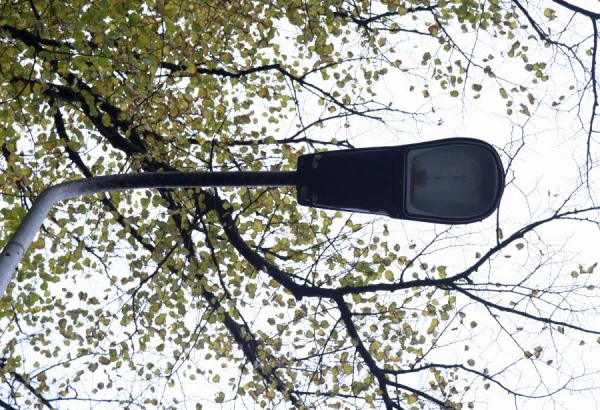
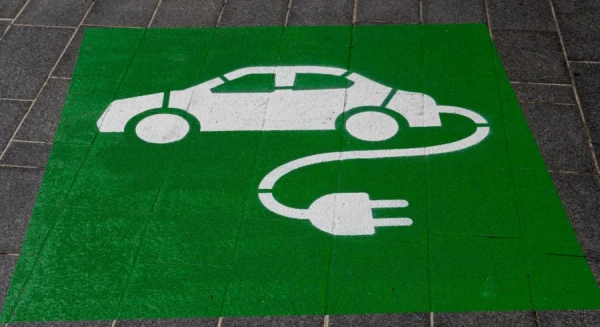
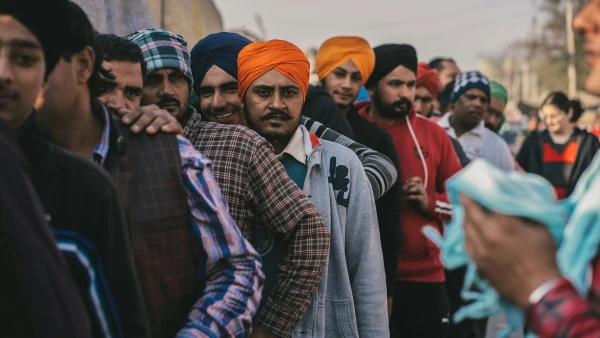



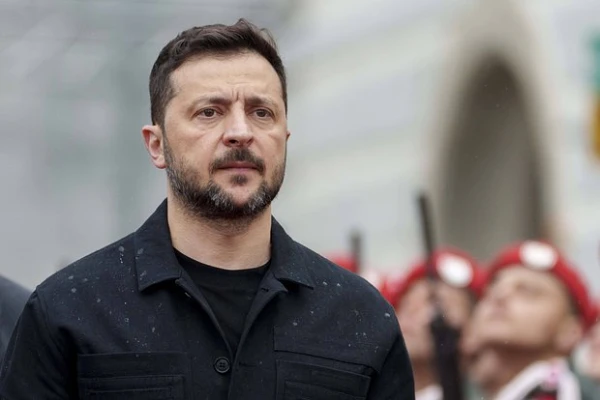
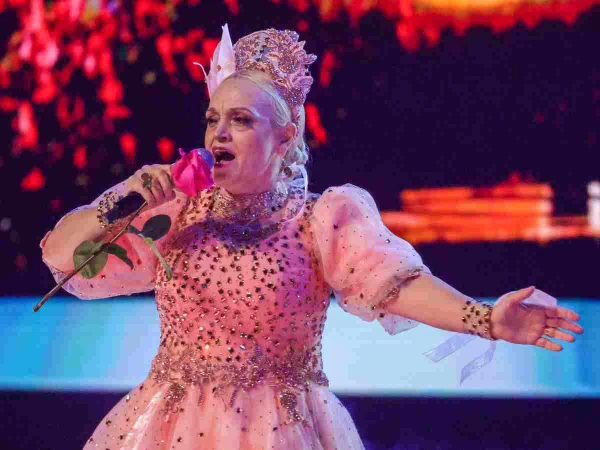
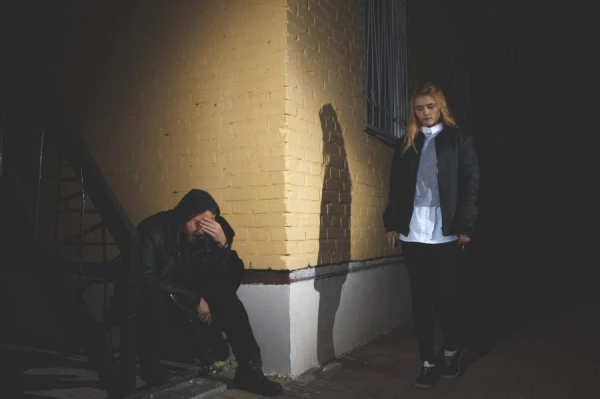


Leave a comment